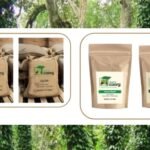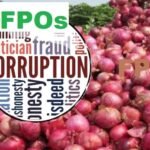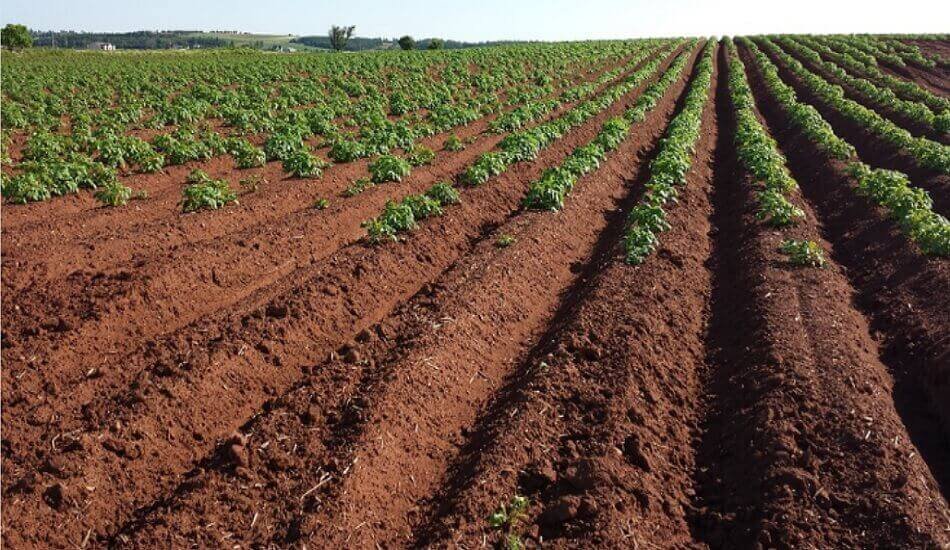Sadhguru: Farmers don’t need teaching, they need incentives to stop the loss of soil.
A simple way to stop this loss of soil is to give every farmer in the world an incentive to increase the amount of organic matter in their fields.
It’s important to know that farmers don’t like to throw fertilizers. They are throwing it away because the soil is so bad that if you don’t put enough fertilizer in it, nothing will grow. So, don’t go around pushing for different ways to farm.
Soil is what makes life possible. The top 12 to 15 inches of soil is where 87 percent of all life on Earth lives, including us. The richness of the topsoil is good for plants, birds, animals, insects, and worms. But in the last 100 to 150 years, we’ve destroyed more than half of this valuable soil, which grows 95 percent of the food we eat.
Also Read | Save Soil: India has destroyed its soil health in the last 45 years: Sadhguru.
Any soil that could be used for farming must have between 3 and 6 percent organic matter. But 62 percent of India’s land has less than 0.5 percent organic matter and is on the verge of becoming a desert. In northern Europe, the organic content is around 2 percent, and in southern Europe, it is just over 1 percent. Thirty percent of the topsoil in the United States is gone.
About 51 million square kilometers of land area are used for farming. This is more than half of the land that can be used on the planet. This is land that is cared for by people every day. So, this is the first land we should go back to, and we can do it if we take the right steps. You need to put back organic matter, whether it’s in the form of animal waste, plants, bushes, or trees.
People will jump the gun and say right away, ‘Let’s start organic farming.’ People talk about these topics because it’s cool to do so. But if all the pesticides, herbicides, and fertilizers were taken away from the world right now, food production could drop to 25% of what it is now. That will be the worst thing you can do to the world.
It’s important to know that farmers don’t like to throw fertilizers. Fertilizer costs a lot of money. They are throwing it away because the soil is so bad that if you don’t put enough fertilizer in it, nothing will grow. So, don’t talk about different ways to farm like it’s your religion or philosophy, because it’s neither. It’s just a practical way for us to get the food we need.
Also, the farm economy is so fragile that if you try to change things quickly, it will all fall apart. Farmers already have a hard time making a living. So, it’s not fair to expect a poor farmer to save the environment. The most important thing is to make the soil richer, and let the farmers decide how to farm.
Give farmers the incentives to improve their organic content
The UN agencies say that the planet only has enough farmable land for another 80–100 crops. That means we wouldn’t have enough soil in 45–60 years. If that happens, there won’t be enough food for everyone on Earth.
We have joined the Conscious Planet – Save Soil movement because of this. As part of the movement, we’re trying to reach 3.5 billion people around the world and get all political parties and governments to adopt long-term policies for soil regeneration.
Right now, the easiest way to stop the loss of soil is to give every farmer in the world a reason to increase the amount of organic matter in their fields. Set a minimum average of 3 percent organic content and give the farmers the first level of good reasons to try to reach that goal. Carbon credit systems can be set up by industry and business as a second way to help farmers.
The third type of incentive is recognition in the marketplace. Food grown in soil with at least 3% to 6% organic matter should be put on a different shelf, and it goes without saying that they should sell for more. So, with these three incentives, we can move in a direction where we should have at least 3% organic content in 6 to 8 years.
Why do we need to act now?
We’re at a point where we need to talk about soil and take steps to fix it. If we start now, there will be a big change in 15 to 25 years. But if we wait another 25–50 years and then try to change things, people say it could take up to 200 years. And that time will be terrible for the human race as a whole.
Also Read | Soil health – google, nurture.farm partnered to develop low-cost approach to check soil health.
Taking care of the soil and making sure it doesn’t become desert and lose its richness is the most important thing we as a generation have to do. Every citizen and every government of the many countries on this planet should make this one thing their main goal. Without making sure the soil is rich, we’re kind of giving up on life. Please, let us make it happen.
Sadhguru is a yogi, a mystic, a visionary, and a best-selling author on the New York Times list. He is also one of the fifty most influential people in India. In 2017, the Government of India gave him the Padma Vibhushan, which is the highest civilian award given every year for outstanding service.
The views in this article are the author’s and don’t reflect the position of this publication. (Inputs from News Agency)


















Add Comment